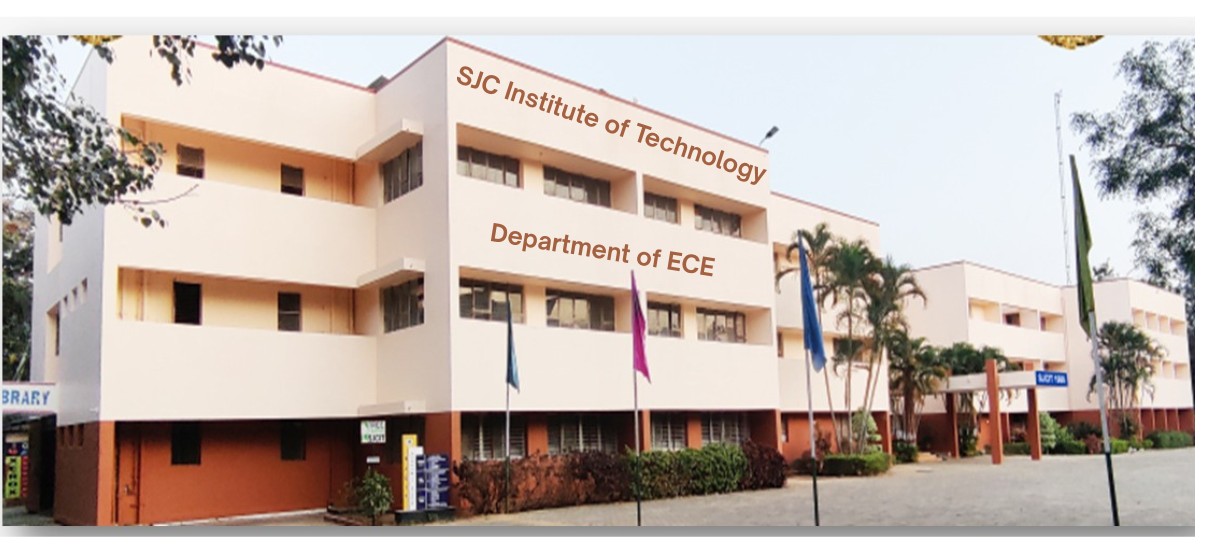
||Jai Sri Gurudev ||
Sri Adichunchanagiri Shikshana Trust(R.)
S J C INSTITUTE OF TECHNOLOGY
VTU Affiliated, AICTE Approved, Accredited by NBA(CSE,ISE,ECE,ME,CV,AE)& NAAC with A+ grade, Gold rated by QS I-Gauge
Chickballapur,-562101 Karnataka, India


||Jai Sri Gurudev ||
Adichunchanagiri Shikshana Trust(R.)
S J C INSTITUTE OF TECHNOLOGY
An Autonomous Institution under VTU from 2024-25
AICTE Approved, Accredited by NBA(CSE,ISE,ECE,ME,CV,AE) NAAC with A+ grade, QS I-Gauge Gold rated
P.B. No. 20, B.B. Road,
Chickballapur- 562101, Karnataka.


||Jai Sri Gurudev ||
BGSKH Education Trust[R.]
Balagangadharanatha Swamiji Kengal Hanumanthaiah Education Trust
A charitable Trust created on 12.04.1979, A unit of Sri Adichunchanagiri Shikshana Trust [R]


